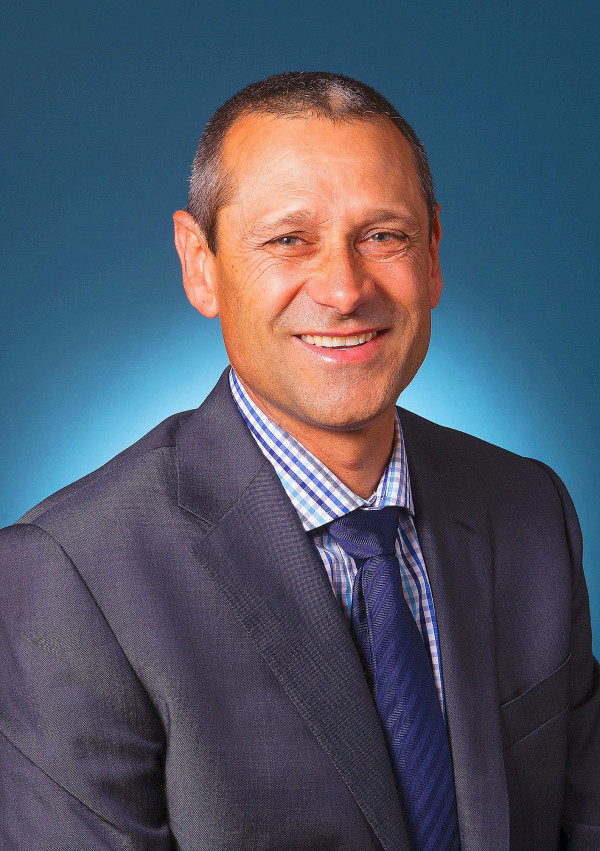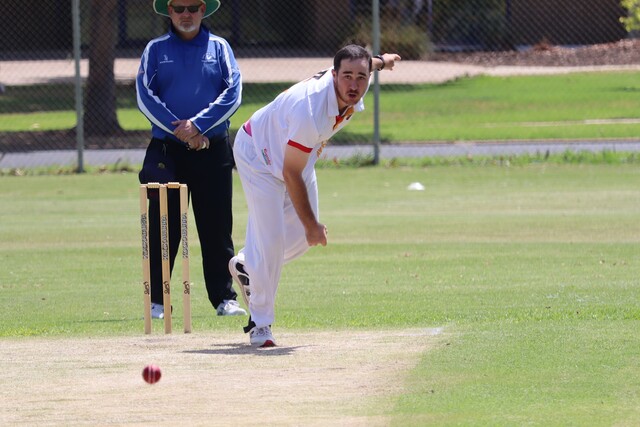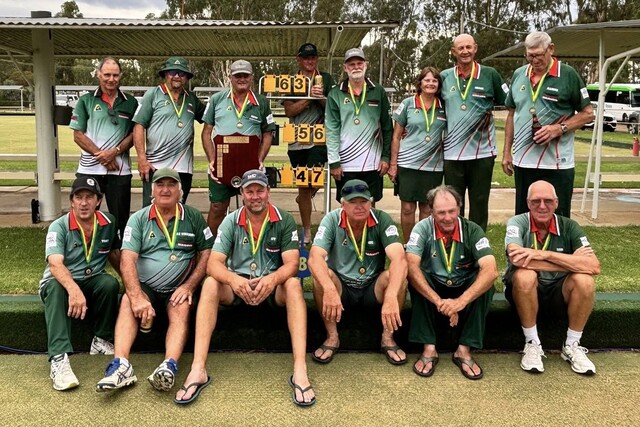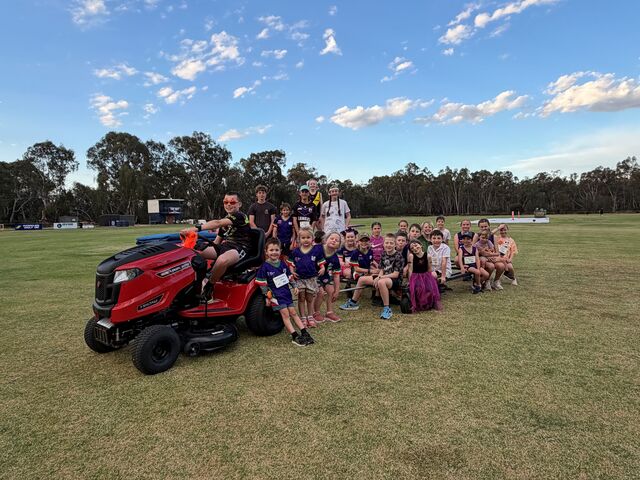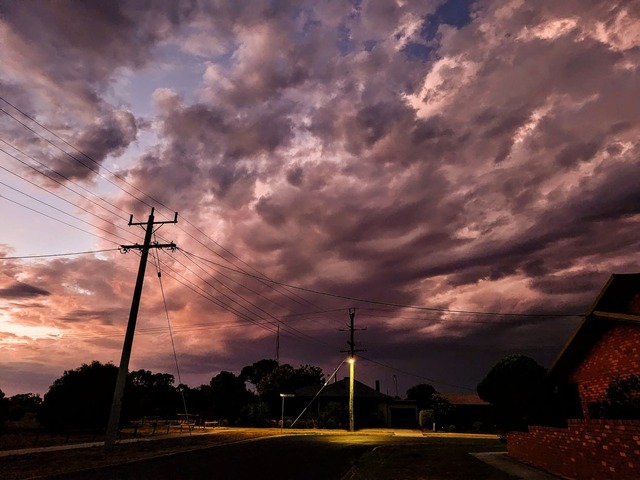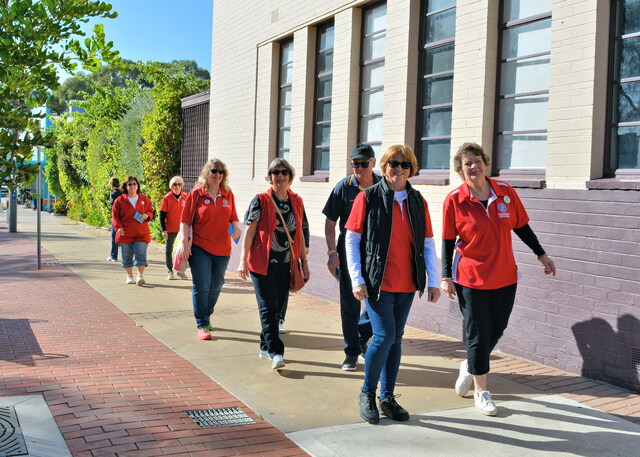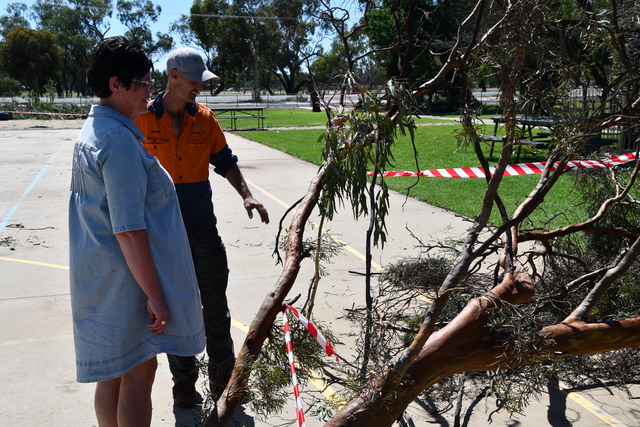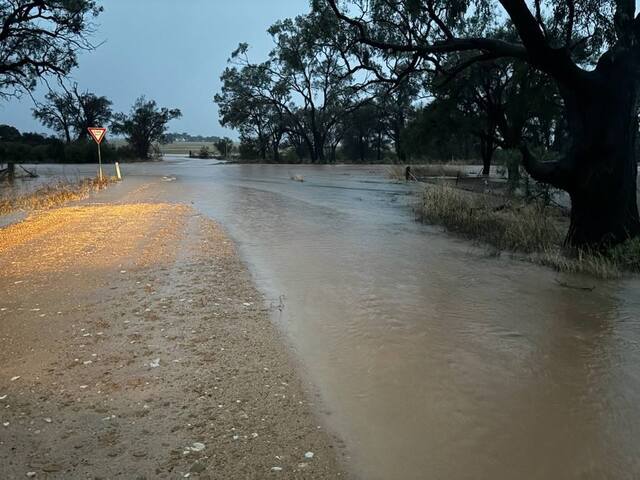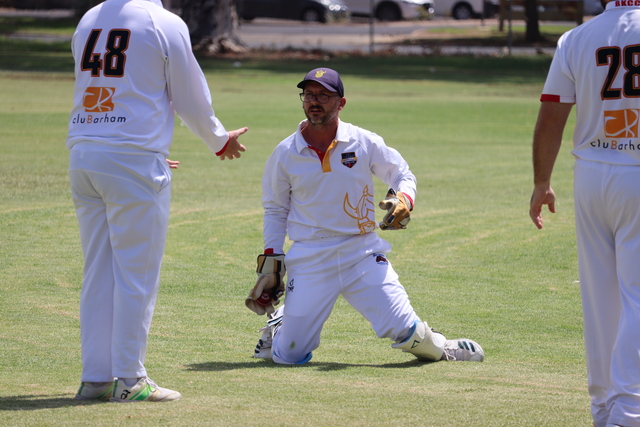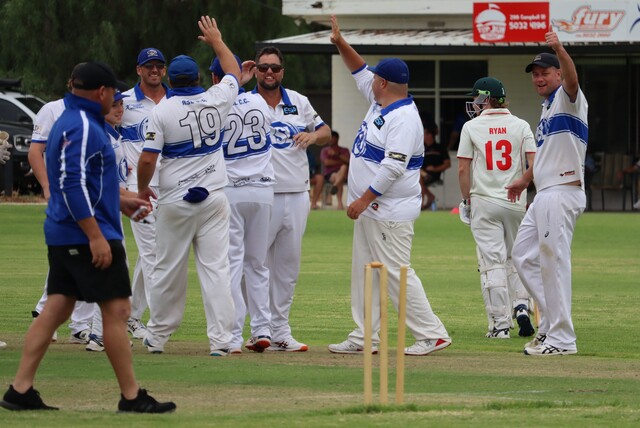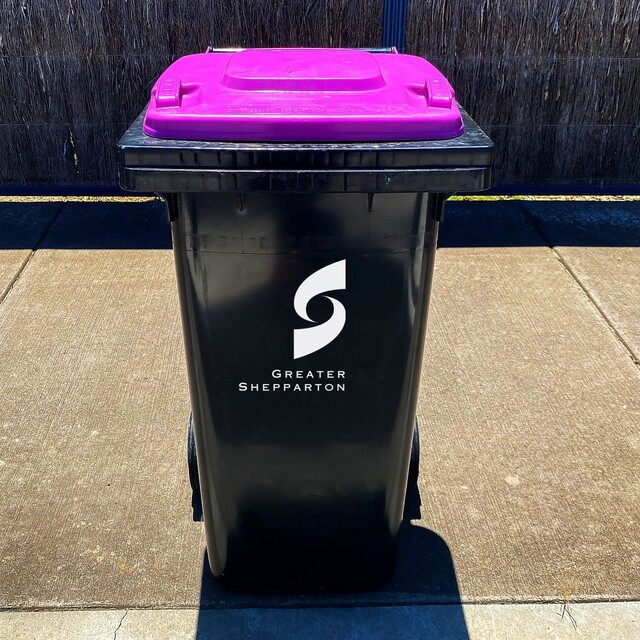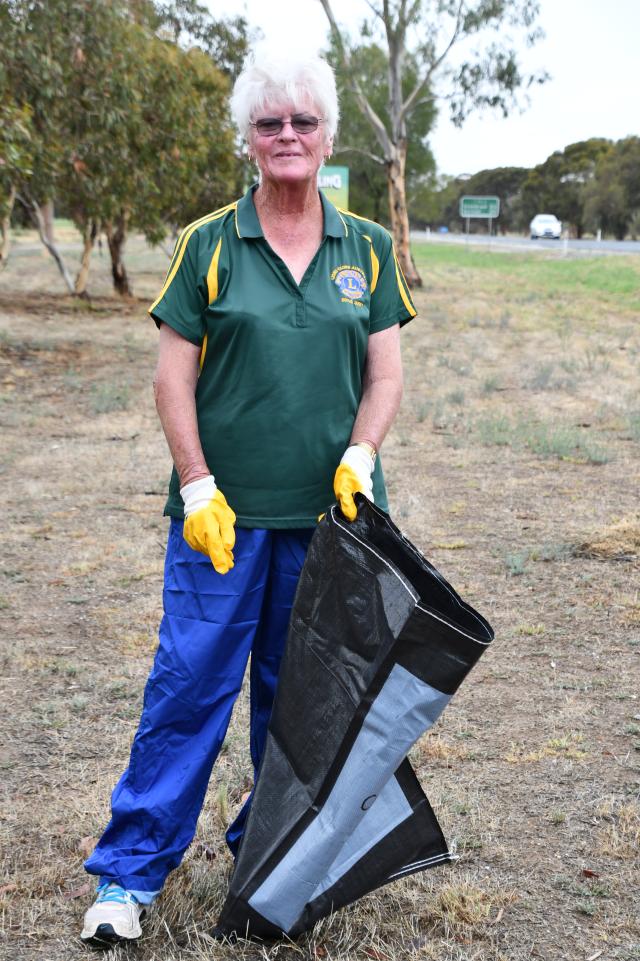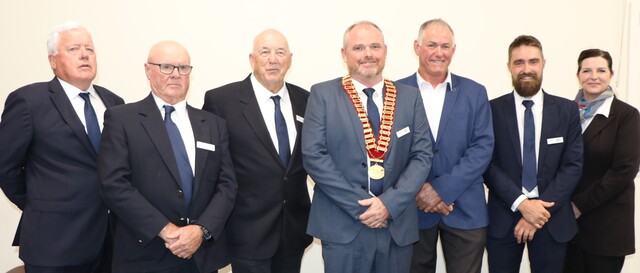FARMERS have voiced their disappointment in the Productivity Commission after it backed the use of water buybacks as part of the Murray-Darling Basin Plan.
The commission’s latest basin plan implementation review, released this week, recommended more government accountability and “staged, voluntary” buybacks to recover the 450 gigalitres of water for the environment earmarked for efficiency measures.
“As earlier water recovery programs showed, purchasing water is the most cost-effective way for governments to obtain water for the environment,” the review’s report said.
Moulamein irrigation farmer and National Irrigators’ Council chair Jeremy Morton told The Guardian he believed it was “premature” to suggest a significant water recovery shortfall was likely, and that buybacks were certainly not the answer.
“What we obviously don’t like is the opening up to buyback for the 450GL,” Mr Morton said.
“It was never, ever to be bought back, it had very specific note in the legislation that said water cannot be recovered from buyback, and now they are looking to basically make buyback the easiest pathway. As we know, and there’s a lot of evidence to suggest, that is the most destructive form of water recovery there is.
“There are lots of other things you can do that will get you environmental outcomes that don’t mean you actually have to put a wrecking ball through our local communities.”
Murrabit dairy farmer and Victorian Farmers Federation Water Council chair Andrew Leahy said the 262-page report ignored the collaborative management of the basin and prioritised buybacks “no matter the consequences”.
“The interim report assumes ongoing collaboration between the states, but that’s no longer true – Victoria has not signed to the Commonwealth’s buyback proposal and the NSW Government has also said it doesn’t support buybacks,” Mr Leahy said.
“The 450GL was never guaranteed and was to be subject to a socioeconomic test. It’s good to see the Productivity Commission pointing this out.”
However, the VFF did support the commission’s call for the Commonwealth to focus on recovering the water towards the original 2750GL of the plan before targeting the 450GL.
“It makes no sense to want to tick a box on a page and recover water, when we all know it can’t be delivered,” Mr Leahy said.
Productivity Commission associate commissioner Chris Guest said that since the last review five years ago, very little progress had been made on water recovery or supply and constraints-easing measures.
“The plan is central to securing a healthy working basin,” he said.
“Basin governments need to be more transparent and accountable for delivering the plan.”

